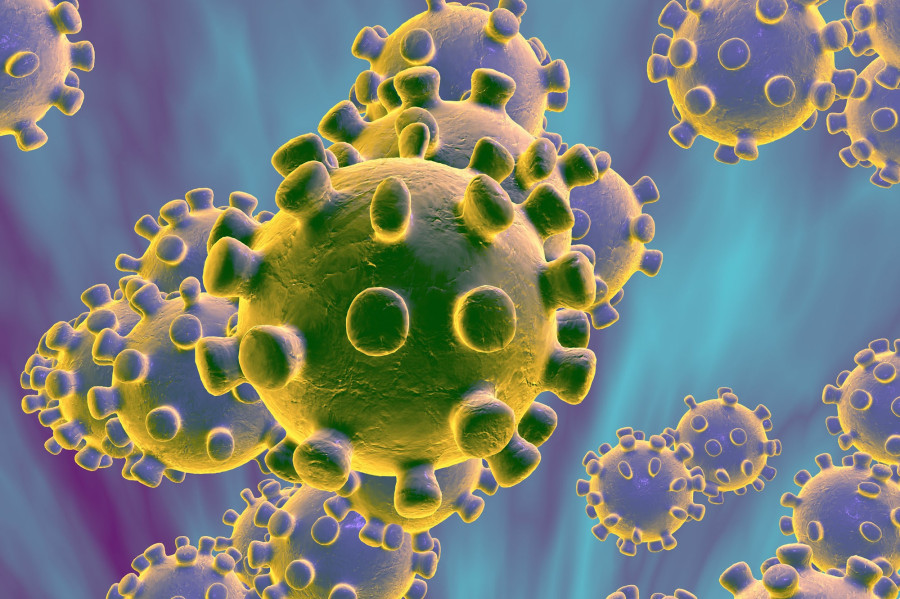Health
Health workers at Teku hospital to get precautionary training against coronavirus
Patients suspected to have been infected with the deadly virus will be kept in the hospital’s cabin.
Arjun Poudel
Epidemiology and Disease Control Division has decided to provide training to health workers serving at the Sukraraj Tropical and Infectious Disease Hospital in Teku to deal with patients infected with a new strain of coronavirus.
The decision of the division comes amid heightened risks of transmission of the deadly virus.
"We will provide precautionary training to all health workers, including doctors serving at the Teku hospital, tomorrow," Dr Hemanta Chandra Ojha, an official at the division, told the Post on Wednesday. "Doctors and health workers of other hospitals— Patan Hospital, hospitals of security agencies— Nepal Army, Armed Police Force and Nepal Police—will also receive the training."
The division on Wednesday provided personal protective equipment to Teku hospital.
So far, at least nine persons have died and more than 440 others have been infected by the virus, globally. Two people were infected through human-to-human transmission. The Wuhan Municipal Health Commission in China reported that 15 medical workers in the city had been infected with the coronavirus virus, with one being in a critical condition. Infections have also been reported in Taiwan, South Korea, Thailand and Japan and the United States of America.
Chinese authorities have urged people to stop traveling in and out of Wuhan, the city at the center of a new virus outbreak, according to the BBC.
"Basically, do not go to Wuhan. And those in Wuhan please do not leave the city," the BBC quoted National Health Commission vice-minister Li Bin, as saying in one of the first public briefings since the beginning of the outbreak.
Meanwhile, at a meeting of the concerned officials held at the Ministry of Health and Population it was decided that there will be coordination with all agencies, including the World Health Organization's country office in Nepal, Ministry of Foreign Affairs, Ministry of Home Affairs and other concerned ministries, to deal with the possible threat of the virus.
At the meeting, it was decided that a suspected patient infected with coronavirus would be admitted in the cabin room of Sukraraj Tropical and Infectious Diseases Hospital.
“The hospital has six cabin beds, where we will keep the suspected cases,” said Dr Basudev Pandey, director at the hospital, who also attended Health Ministry's meeting.
He also said that additional arrangements should be explored at the earliest, as his hospital cannot keep all patients, if the number of patients rises. "It is already a flu season," said Pandey. "What can we do, if a lot of people come at once to the hospital?"
The hospital has also decided to give N-95 masks to the health workers from Thursday to protect them from infection.
Ojha, the official from the division, said his office had been exploring every possibility to deal with an emergency. He said he himself had visited the Armed Police Force Hospital to study the possibility of establishing an isolation facility.
"We are waiting for a decision from the World Health Organization's emergency meeting," said Ojha. "We are also working to explore other possibilities, including setting up a thermal scanner at the airport."
Nepal is at a high risk of transmission of the deadly virus as the inflow of Chinese tourists is high. More than 169,000 Chinese tourists visited Nepal in 2019.
The country aims to attract two million tourists in 2020, including 350,000 Chinese tourists under its Visit Nepal 2020 campaign.




 17.12°C Kathmandu
17.12°C Kathmandu














